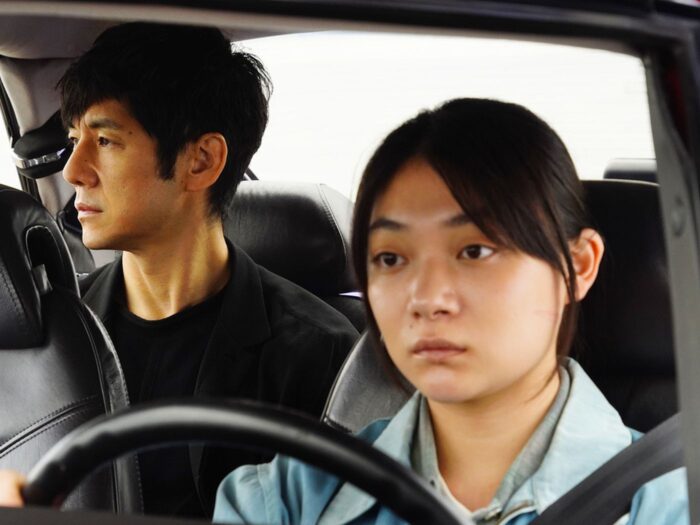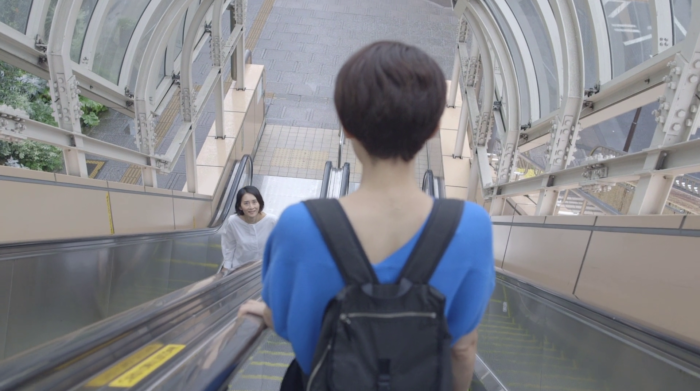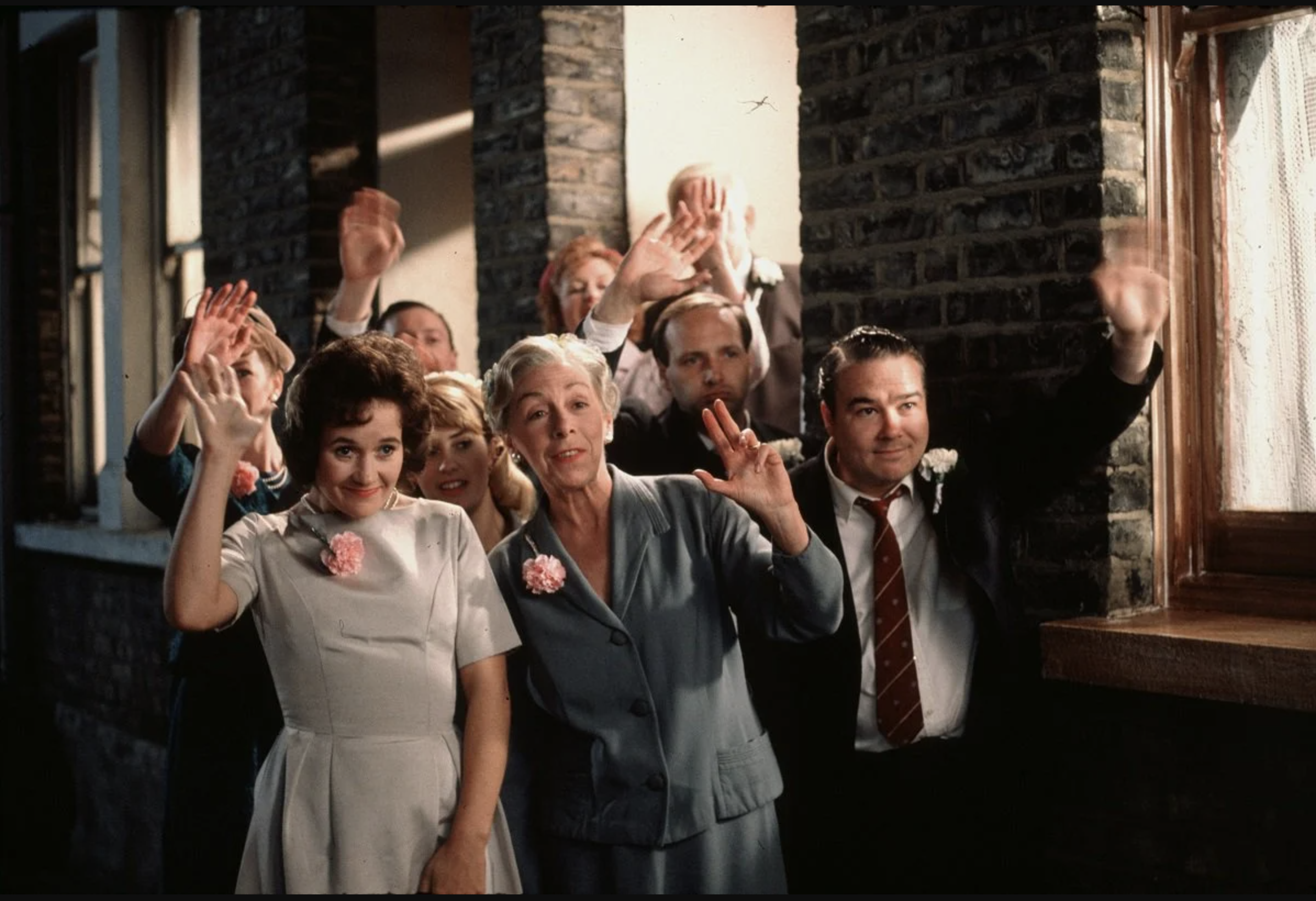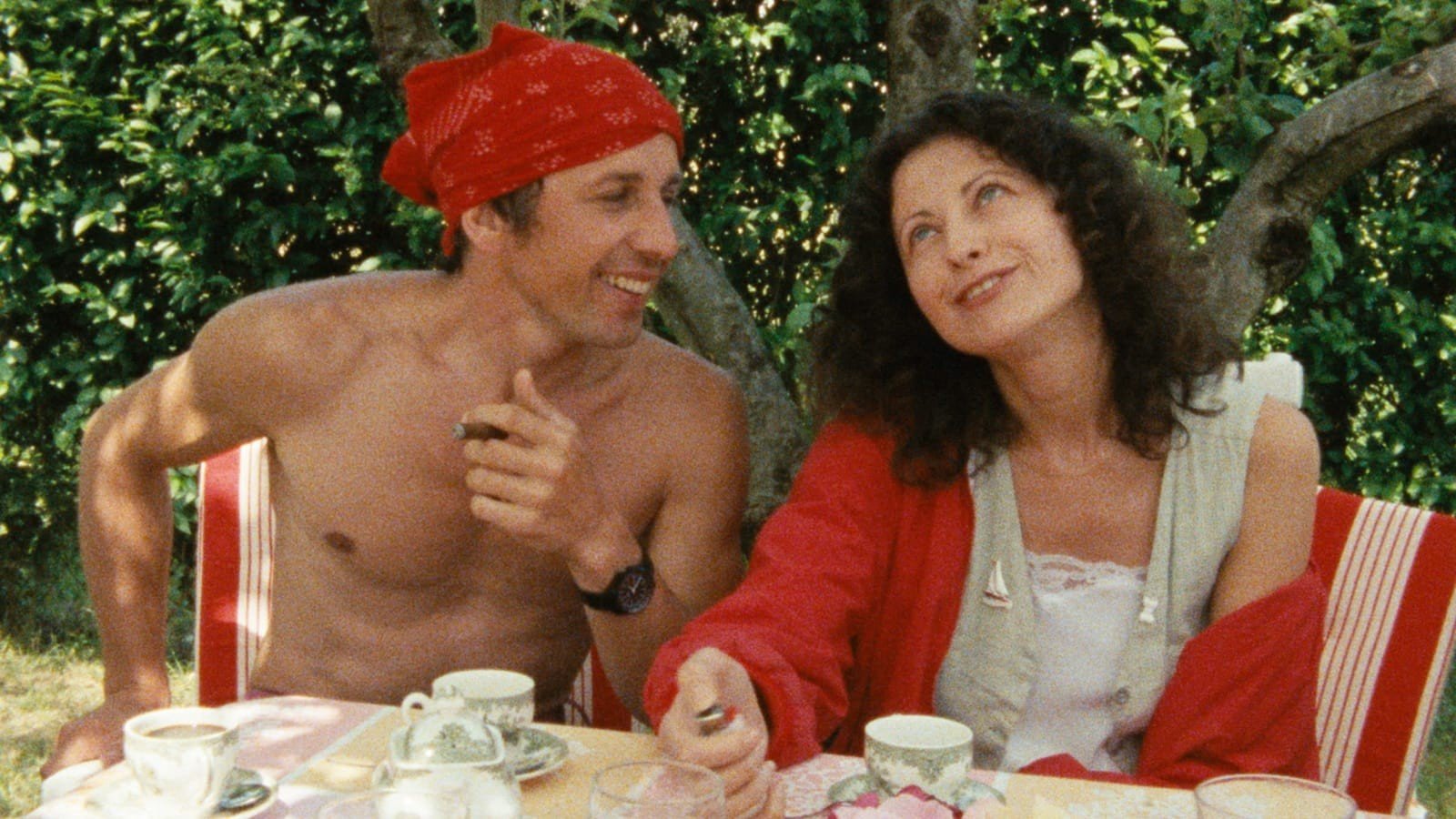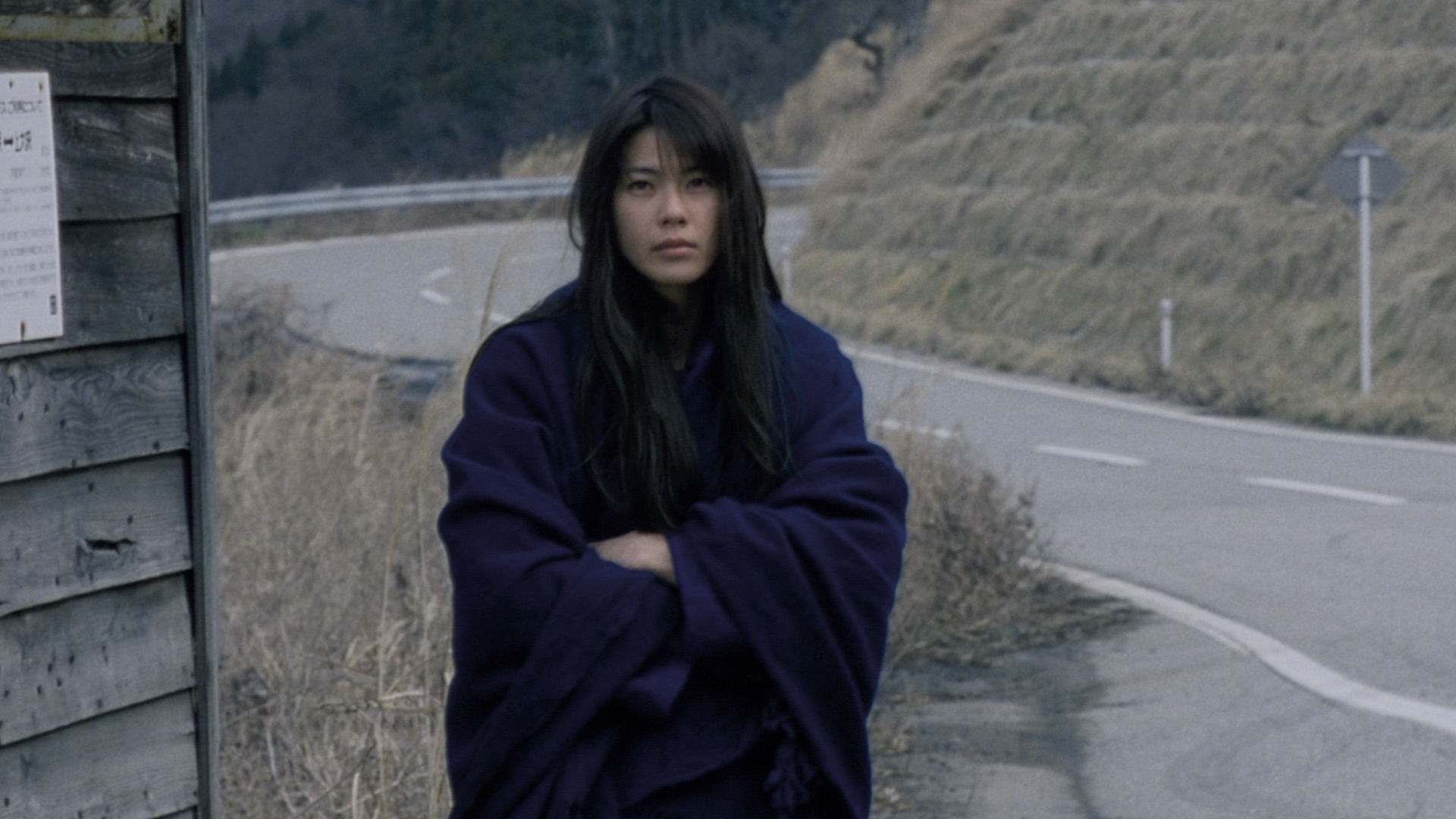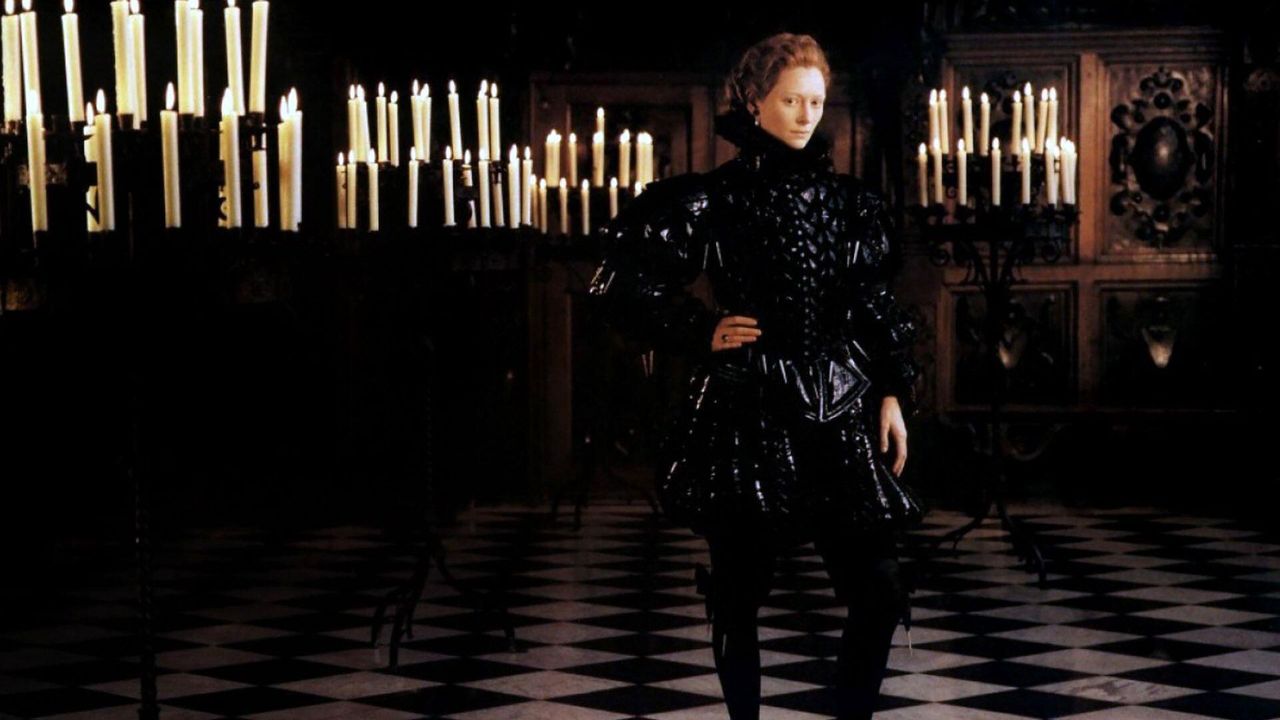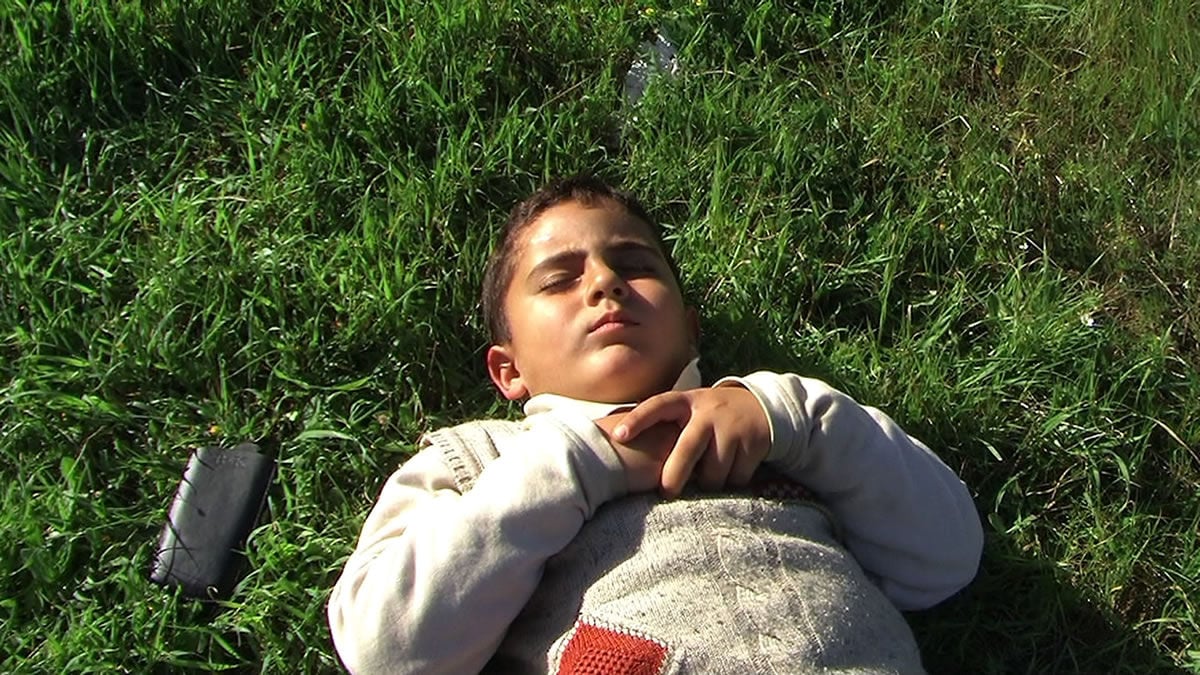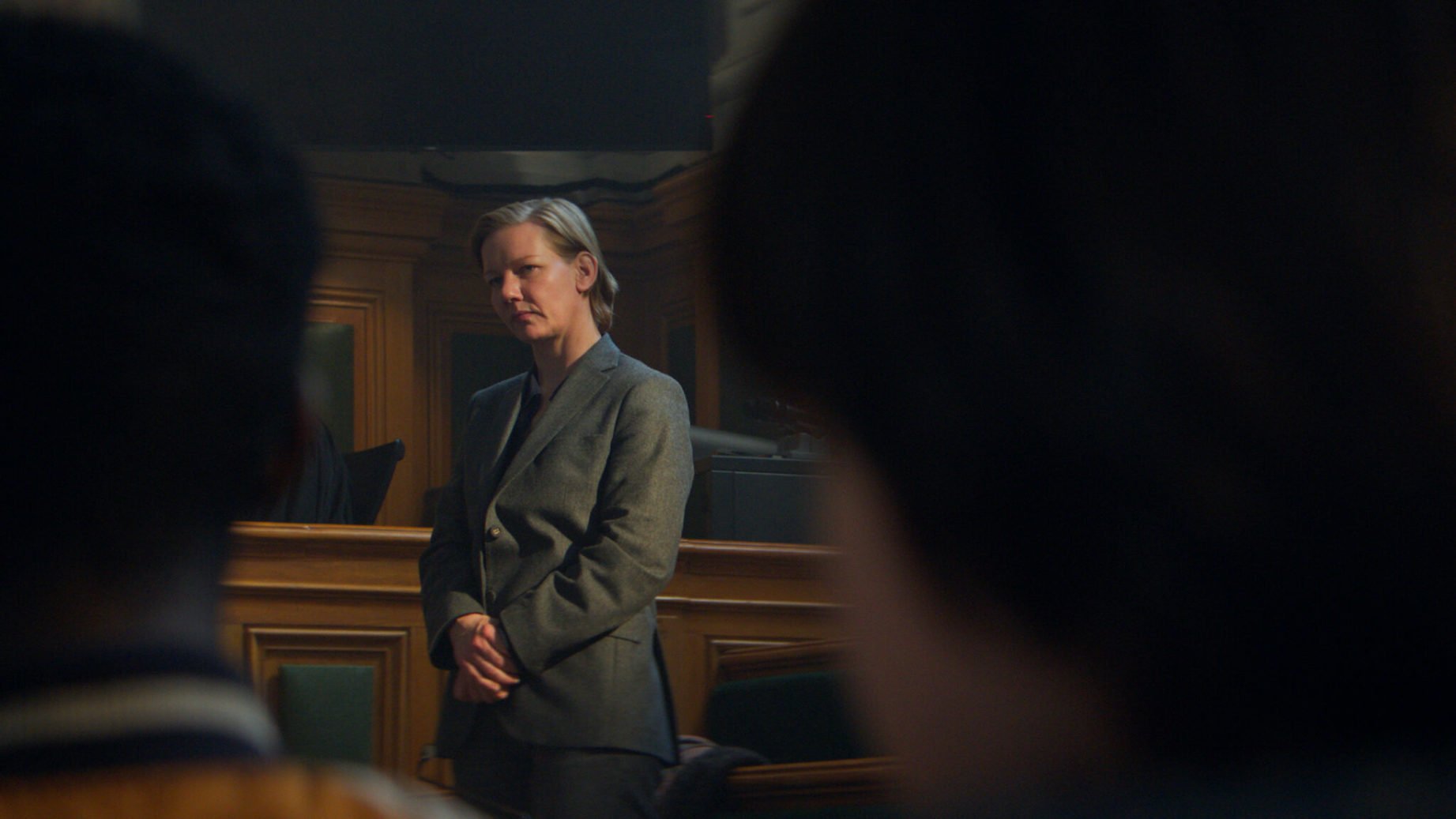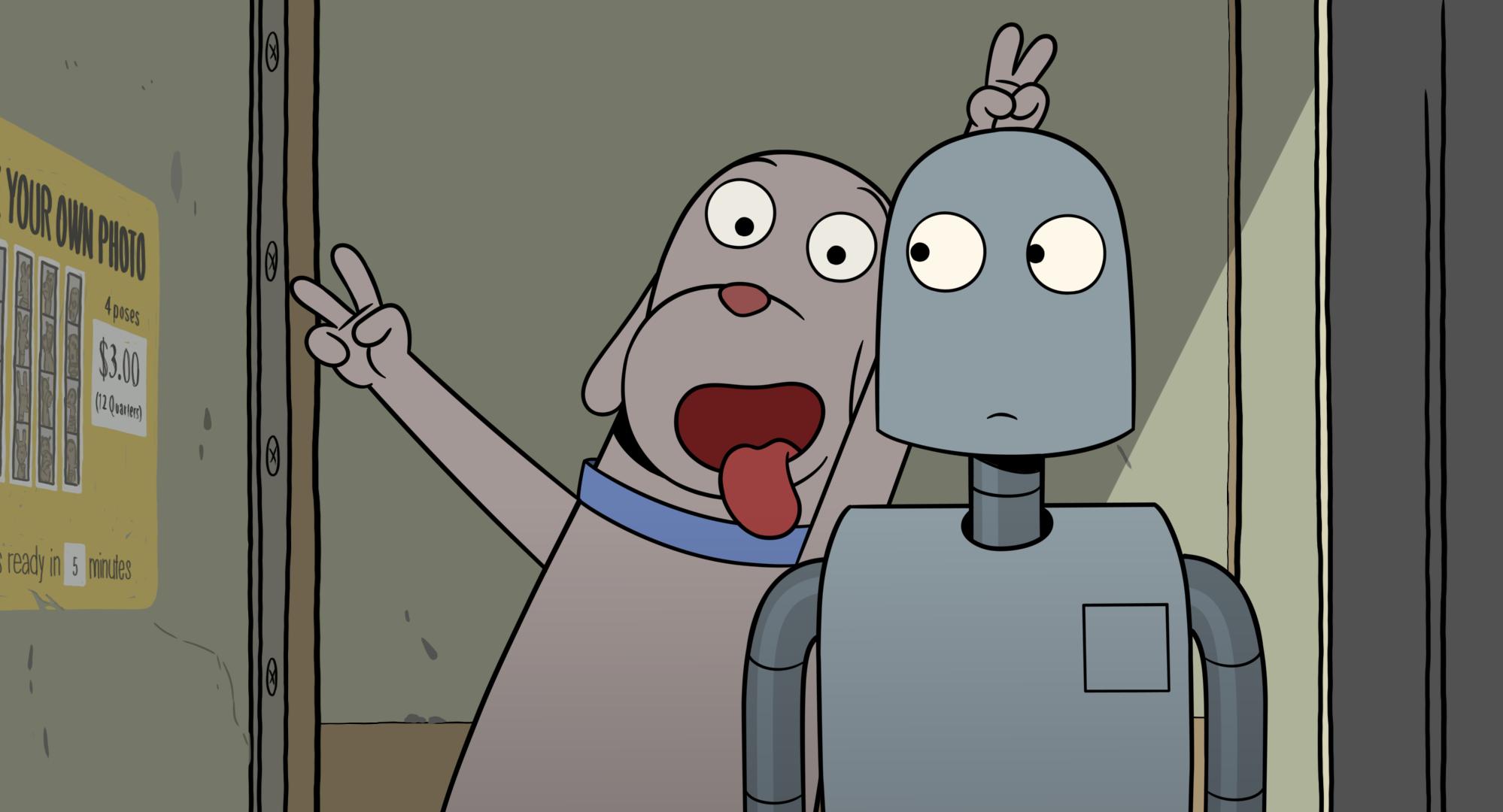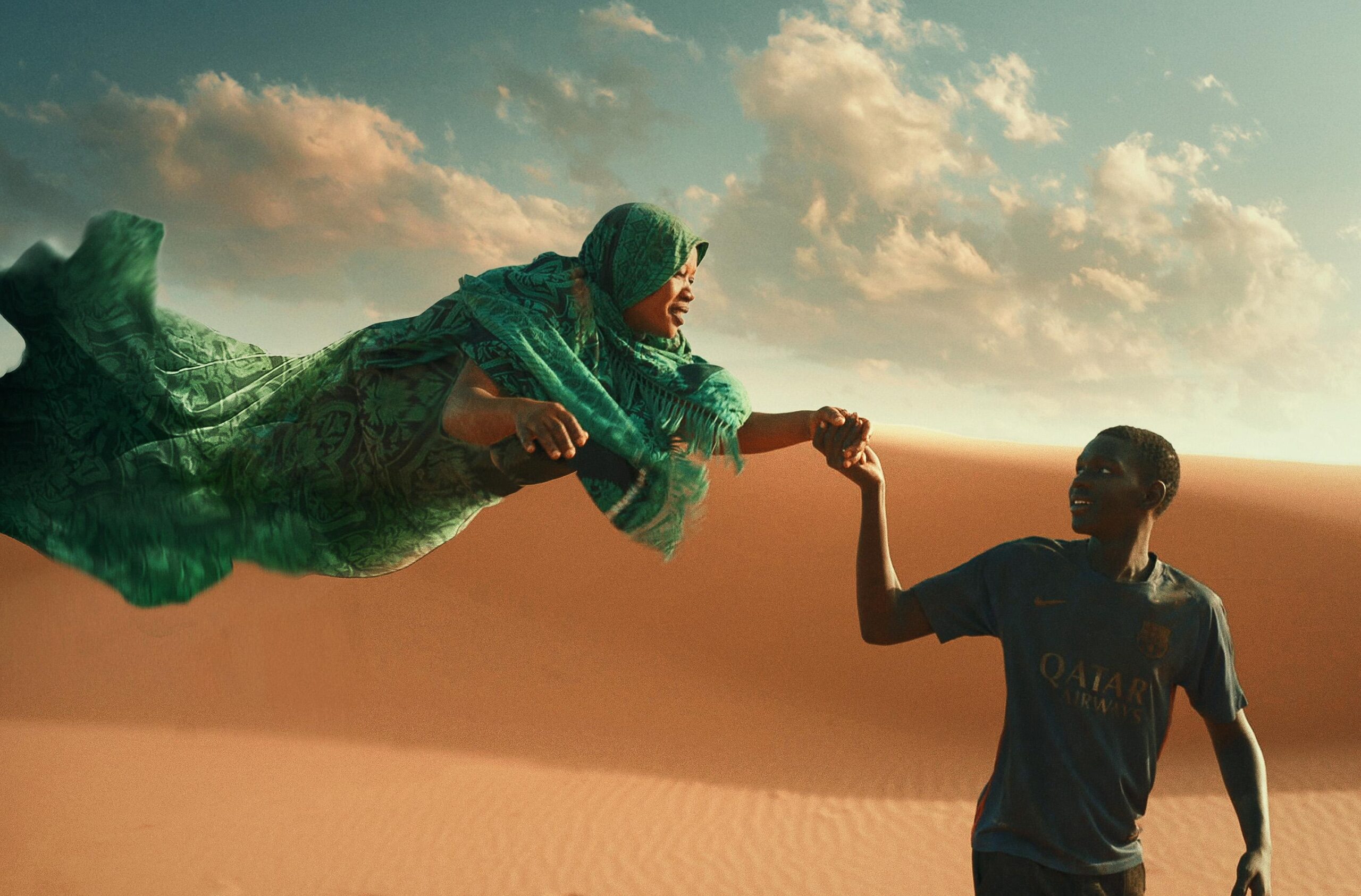
50 Best Movies on BFI Player UK
March 31, 2025
Share:
The British Film Institute (BFI) continues to be one of the most recognizable organizations working in film preservation and in promoting alternative, lesser-known, and classic cinema that may go underappreciated. This makes it fall right in line with agoodmovietowatch’s own mission to bring streaming audiences higher-quality films buried by the algorithms. Here we’ve put together a list of the best films available on the BFI’s own streaming service, BFI Player. This selection might not go as far into film history as the Institute’s own archives, but they still carry the independent spirit and commitment to inventive storytelling that the BFI hopes to keep alive for generation to come.
Read also:
31. Drive My Car (2021)
Genres
Director
Actors
Moods
In Drive My Car, a widowed artist travels to Hiroshima for his latest production. There he meets a young woman enlisted to drive him around the area. They forge an unexpected bond and soon share pithy observations and long-buried secrets, which culminate in a touching scene of catharsis and forgiveness.
Not a lot is said in this three-hour film, but when words (and signals) are shared, they are always underlaid with simple but transcendent truths. Drive My Car is a gripping film that explores love and loss in its own quiet way, at once intense and intimate.
32. Wheel of Fortune and Fantasy (2021)
Genres
Director
Actors
Moods
From Drive My Car director Ryusuke Hamaguchi comes another film featuring long drives, thoughtful talks, and unexpected twists. An anthology of three short stories, Wheel of Fortune and Fantasy ponders over ideas of love, fate, and the all-too-vexing question, “what if?”
What if you didn’t run away from the one you love? What if you didn’t give in to lust that fateful day? What if, right then and there, you decide to finally forgive?
Big questions, but without sacrificing depth, Hamaguchi does the incredible task of making every single second feel light and meaningful. Wheel of Fortune and Fantasy will leave you with mixed emotions: excited, startled, dejected, hopeful. But one thing you won’t feel is regret over watching this instant classic of a film.
33. Distant Voices, Still Lives (1988)
Genres
Director
Actors
Moods
This tender, autobiographical coming-of-age story about a working class family in post-war Liverpool is Terence Davies’ masterpiece—evoking memories through a series of loosely connected scenes that highlight the joys and woes of growing up. It is comprised of two films shot two years apart. The first details the tribulations of a young family surviving an abusive father in the ‘40s. The second part follows the kids grown up and finding their way in the ‘50s, and the influence of music and cinema on their lives. Davies uses a series of beautifully composed tableaux to tell the tale, which bring the setting and the characters intimately to life. Distant Voices, Still Lives is regarded as one of the greatest British films of all-time.
34. The Green Ray (1986)
Genres
Director
Actors
Moods
Éric Rohmer’s The Green Ray is the kind of film that you come away from being more honest with yourself. That effect is thanks to the contagious directness of its protagonist: Delphine (Marie Rivière), a newly single young French woman whose summer vacation plans have just been unceremoniously upturned after the friend she was going away with takes off with a man instead. Now at a loose end, the indecisive Delphine meanders between her home in Paris and several gorgeous holiday spots, but that old saying — “wherever you go, there you are” — proves true. Neither the beaches of Cherbourg and Biarritz nor the lofty beauty of an Alps resort can soothe her restlessness or give her what she’s looking for, probably because she doesn’t quite know what that is herself.
Delphine’s is an achingly familiar search for anyone who’s ever felt like they’ve drifted off of life’s path, but blessedly, the conversation-driven Green Ray doesn’t leave us wallowing in that despair. That’s partly thanks to its final moments — which rank among cinema’s most stunning — but mostly because Rivière, who improvised much of her incisive dialogue, puts into words things that so many have felt but few would admit. In that sense, The Green Ray feels as much like a miracle as its last shot does.
35. Maborosi (1995)
Genres
Director
Actors
Moods
Director Hirokazu Kore-eda’s feature debut is nothing short of a masterpiece, his style of serenity apparent from the get-go. With Kore-eda’s still frames and touching, relatable stories, it’s almost impossible not to find yourself caring for his characters like they are your own family.
In Maborosi, Yumiko (Makiko Esumi) is haunted by one loss after another and struggles to accept these tragedies and move on with her life. Her story is probably the toughest Kore-eda has had to tell, yet there is still a certain beauty to it, especially in its quietness and moody atmosphere. Not forcing any of his characters’ feelings on the audience, Kore-eda manages to tell a harrowing tale in the gentlest of ways.
36. Norte, the End of History (2014)
Genres
Director
Actors
Moods
Clocking in at just over four hours and shot in vivid color, Norte, the End of History stands not only as Filipino auteur Lav Diaz’s best work since his earliest films, but as the easiest entry point into his unique filmography. Told on a sweeping yet intimate scale, the film has all the trademarks of Diaz’s work: slow, lengthy shots; bursts of dense dialogue and philosophizing; and copious amounts of human despair and systemic corruption. As our three protagonists’ souls (who rarely share the screen, if at all) are pushed to the limit after a terrible crime is committed, everything heads toward universal truths—the perseverance of love, and the inevitability of divine justice.
It can be difficult to recommend any film of this length and deliberate pace, but Norte remains a masterful example of how to use time itself to build a monumental story.
37. Orlando (1992)
Genres
Director
Actors
Moods
Based on Virginia Woolf’s novel, Orlando is a fitting adaptation for a groundbreaking story. Changing from man to woman, the titular time traveler is portrayed by the incomparable Tilda Swinton, breaking the fourth wall as if daring anyone to question her casting. But Swinton’s androgynous look and stellar acting make her the perfect choice for this. Her gaze is the anchor that we hold on to as the film glides through the novel’s multiple themes with ease. Through director Grace Potter’s indescribable vision, they create a fantastic film that blurs gender, sex, identity, and time together with the original novel itself.
38. 5 Broken Cameras (2011)
Genres
Director
Actors
Moods
In 2005, Palestinian olive farmer Emad Burnat bought a camera to document the birth of his new son, Jibreel. But what was intended as an act of celebration quickly grew into something else, as Burnat inadvertently became a documentarian of the oppression his West Bank village faced when a wall was erected through it and Palestinian farmland illegally appropriated by Israeli settlers. As we come to witness, this reluctant pivot is just another example of everyday life in Bil’in being forcibly reoriented by the occupation, as Burnat captures the daily struggles of life in the village and charts the innocence-shattering effect the occupation has on young Jibreel’s burgeoning consciousness.
Over his footage of encroaching illegal settlements, the arrests of Palestinian children in the middle of the night, the point-blank shootings of blindfolded and handcuffed peaceful protestors — plus tender snapshots of nature and joyful events in the village — Burnat delivers a poetic, reflective narration that miraculously ties these horrible and hopeful images together. It’s this intimacy of perspective that makes 5 Broken Cameras profoundly harrowing and unexpectedly transcendent — a personal document of oppression that is also a testament to the miraculous persistence of the human spirit, the resilience of life and the urge to seek beauty even under truly awful circumstances.
39. Anatomy of a Fall (2023)
Genres
Director
Actors
Moods
You would expect a courtroom drama to be built around damning pieces of evidence, passionate speeches, or certain social issues lending weight to the investigation. But what makes Justine Triet’s Palme d’Or-winning Anatomy of a Fall so remarkable is how direct it is. Triet doesn’t treat this case like a puzzle for the audience to participate in solving; instead she fashions this trial into a portrait of a family being eroded by even just the suggestion of distrust. It ultimately has far less to do with who’s responsible for the death of a man, and more to do with the challenge of facing the reality that the people we love are capable of being cruel and callous to others.
Which isn’t to say that Anatomy of a Fall doesn’t still possess qualities that make it a great courtroom drama—doubt only continues to pile up with every new piece of information that’s revealed to the audience, until we begin to interpret characters’ expressions and actions in a contradictory ways. But the way Triet executes these reveals is just so skillful, choosing precisely how to let details slip and obscuring everything behind faulty memory, intentional dishonesty, or any other obstacles that usually come up during an investigation.
40. Robot Dreams (2023)
Genres
Director
Actors
Moods
The first few minutes of Robot Dreams are so deceptively simple and pleasant that it’s hard to think of a conflict that could keep the film moving. But something does happen—life happens, which sounds annoyingly vague, but it’s true. Life happens, and the rest of the film is about how Dog and Robot survive the specific pain of living. It’s at once poignant and delightful, filled with surprising moments that shouldn’t work, but do. It feels incredibly human even though there are no people in sight. It says a lot about the crisis of loneliness and the importance of moving on even though it’s a silent movie. And then there’s that one scene that breaks the fourth wall most adorably, proving that Robot Dreams is anything but the straightforward film it seemed to be in the beginning. Consistently, however, it is a touching movie. Whether it ends up breaking or warming your heart is just something you have to look out for.
Comments
Add a comment
Ready to cut the cord?
Here are the 12 cheapest Live TV streaming services for cord-cutting.
More lists
Lists on how to save money by cutting the cord.
Curated by humans, not algorithms.
© 2025 A Good Movie to Watch. Altona Studio, LLC, all rights reserved.
